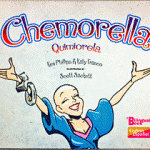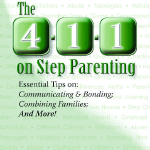Should your daughter have a dog?
Last year my daughter Hayley and her boyfriend Andrew went to the local animal shelter and picked out a dog to take home. Pearl is a Jack Russell mix who came nicely house trained and eager to please her new owners. Over the past few months I have had the pleasure of dog sitting while Hayley and Andrew went out of town. My last dog sitting gig over the 4th of July holiday lasted a week, much longer than usual but still enjoyable.
Growing up my family owed a German Shepard, Fritz. He was primarily an outdoor dog. My siblings and I shared ‘walking the dog’ responsibilities. Fritz died when I was in college so I was not home for his last days. When our children were young, we brought home a black Lab puppy, Kelly. She was also an outdoor dog, as Kelly grew older and calmer though she became a family room dog and would quietly lay on the carpet while we watched TV. Hayley was in high school when we lost Kelly and it was a difficult experience for her. But that didn’t stop her from getting her own dog once she had her own apartment.
Which is my long winded way of saying that it’s good for your daughter to have a dog or other kind of pet. Why? The number one reason usually heard is that having a pet teaches children about responsibility. However, my number one reason is that it teaches children about love and loss. It is often said that humans are the only species that loves another even though we know the object of love will one day die. Dogs and other household pets have much shorter life spans and so a child will often learn about loss in their adolescent years when a family pet dies.
The lesson learned though is that it possible to love, to lose, but to love again. Whether that be another pet or another human being. Life does go on and we must adjust while still honoring the memory of those we have lost. Which I think is an important life lesson for any child to learn.






